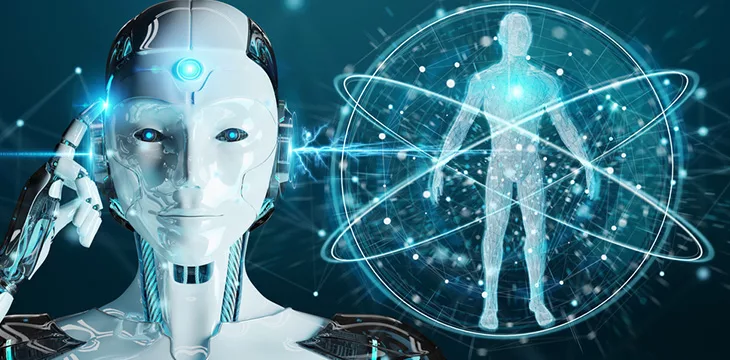Artificial Intelligence Revolutionizing Healthcare: A New Era of Efficiency and Precision
Researchers from the University of Auckland in New Zealand have unveiled groundbreaking advancements in the field of artificial intelligence (AI) that are poised to transform healthcare as we know it. By leveraging computer vision technology coupled with machine learning algorithms, AI systems are now equipped to analyze and interpret medical images with unprecedented accuracy and efficiency.
The Promise of AI in Surgical Procedures
The team, spearheaded by Chris Varghese, has demonstrated the potential of AI-enabled systems to detect anomalies during surgical interventions, rivaling the capabilities of top-tier surgeons. Through rigorous testing and training, these AI models have showcased remarkable proficiency in identifying surgical instruments, complex anatomical structures, and abnormal tissues, paving the way for enhanced surgical precision and patient outcomes.
Empowering Administrative Processes with AI
Beyond the operating theater, healthcare institutions are increasingly turning to AI technologies to streamline administrative tasks and optimize patient care. From prioritizing individuals on lengthy waitlists based on urgency to summarizing comprehensive health records, AI is revolutionizing the way healthcare providers deliver medical services, ultimately improving accessibility and quality of care.
Challenges and Considerations
While the potential of AI in healthcare is vast, critics have voiced concerns regarding data privacy, accuracy, and accountability in the deployment of AI systems. To mitigate these risks, researchers advocate for stringent regulations and innovative solutions such as the integration of blockchain technology to enhance transparency and data security in AI applications.
Conclusion
In conclusion, the integration of artificial intelligence in healthcare holds immense promise for revolutionizing medical practices and improving patient outcomes. By harnessing the power of AI technologies such as computer vision and machine learning, healthcare providers stand to gain unprecedented efficiency, accuracy, and precision in diagnostics, treatment planning, and administrative tasks. While challenges and risks persist, innovative solutions such as blockchain integration offer a pathway to harnessing the full potential of AI in healthcare while ensuring data security and patient privacy.
IntelliPrompt curated this article: Read the full story at the original source by clicking here a fun game: sprunki horror

